Image
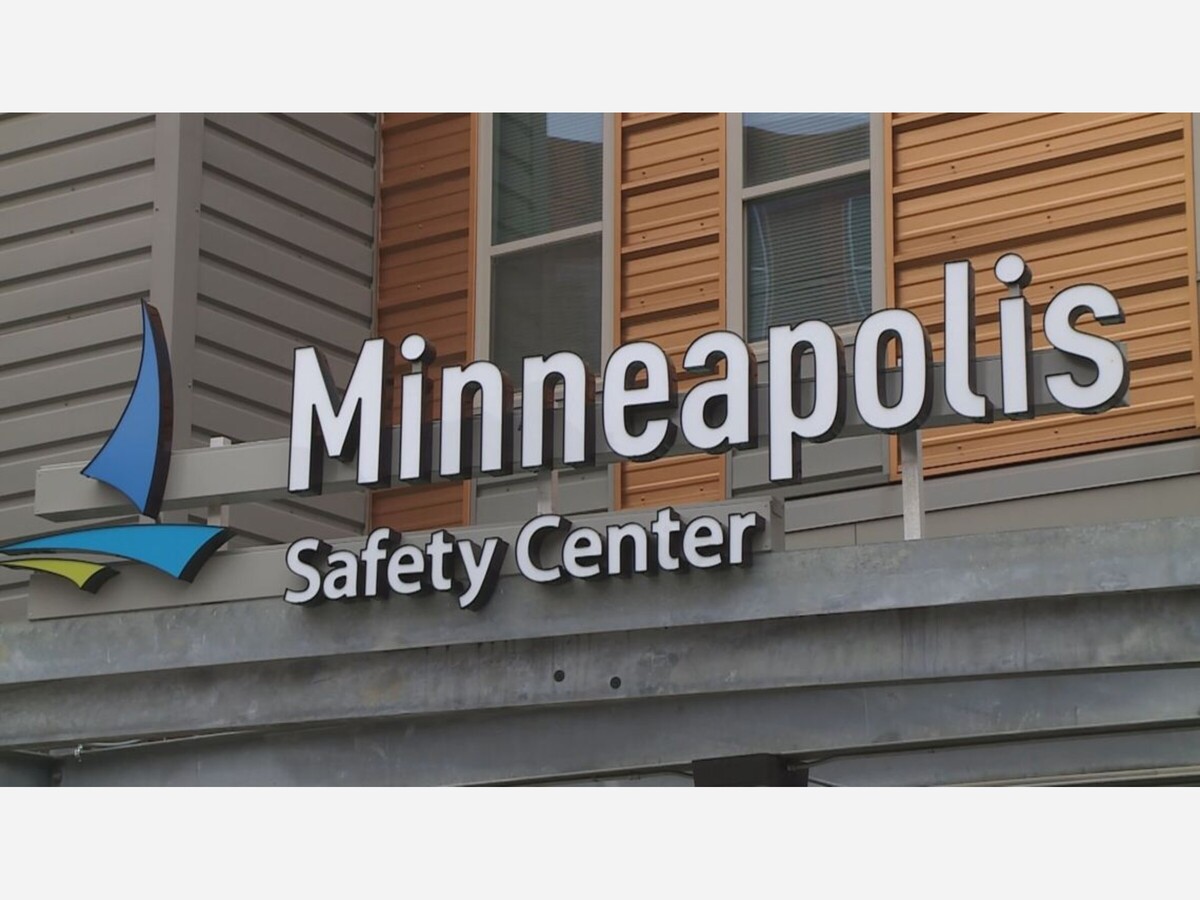

The Lake Street Safety Center opened in early November and a similar facility is expected to open in South Minneapolis in 2026.
MINNEAPOLIS — A violent weekend in Minneapolis included two separate stabbings and what police described as a "chaotic shooting" at a downtown nightclub. It marked the second Minneapolis nightclub shooting in one month.
"Trauma," Pastor Ian D. Bethel noted. "It is trauma."
Bethel leads the Unity Community Mediation Team, an organization formed more than two decades ago to help transform public safety within Minneapolis. He said the city is in need of healing.
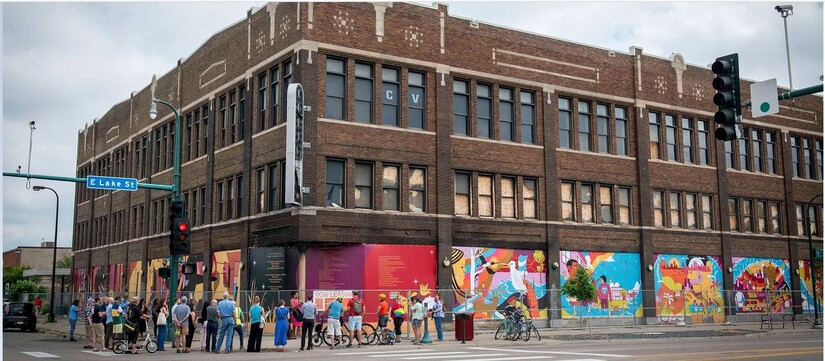
"It is beyond what the statistics are saying about crime and the use of drugs, etcetera, in our city. We have neglected for years our young and our youth, and now it's coming back to us."
The first of a series of community engagement meetings hosted by the City of Minneapolis took place Monday evening at the Midtown Global Market. The meeting is not a direct response to the violent incidents over the weekend. Rather, it's a way for city representatives and community members to connect about the services and resources needed at the Lake Street Safety Center.
The new center opened in early November and a similar facility is expected to open in South Minneapolis in 2026. The South Minneapolis Safety Center will also house the Minneapolis Police Department 3rd Precinct.
According to a press release from the city, these centers will help create a "community safety ecosystem," bringing together various organizations, services and resources. "The information gathered from online surveys and more than 40 engagement meetings held across South Minneapolis has helped the City advance its goal of a community safety ecosystem – a collaborative network of organizations, services, and programs working together to address not just crime and safety concerns but also the root causes of crime and violence," the release read.
Bethel said such centers will not be successful without long-term investments from the city.
"What is the long-term investment from the City Council? What's the long-term investment in terms of the money that you're gonna put into it? And not just to turn on the lights and keep the heat running, but what's your long-term investment to have the right staff in there? What's your long-term investment to have mental health care, your long-term investment to have after school care, your long-term investment for the children in our community to have a place to come after school or when their parents are working?" Bethel said.
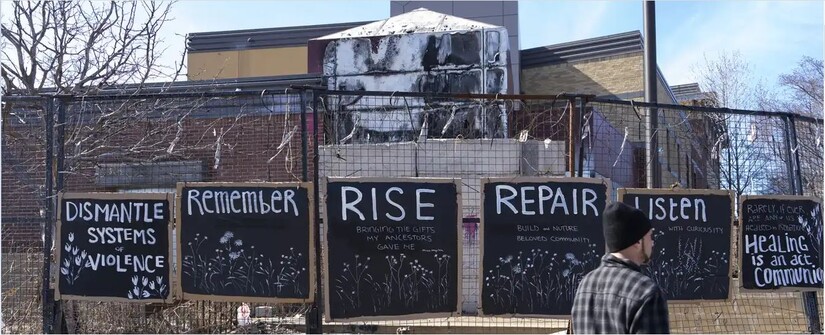
Steven Grundy, who said he spends a lot of time around Lake Street as he uses public transportation to commute from Saint Paul, said he could see how a safety center would be beneficial. He said more resources in the area are needed.
"Computer for resumes and whatnot would be extremely helpful," he said.
Bethel emphasized the importance of providing resources that extend beyond traditional safety measures, including providing mental health, economic and childcare support.
"It has to be something perpetual. It cannot be a band-aid," he added. "That's what the citizens of Minneapolis are crying for and asking for and need. It's got to be transformational."
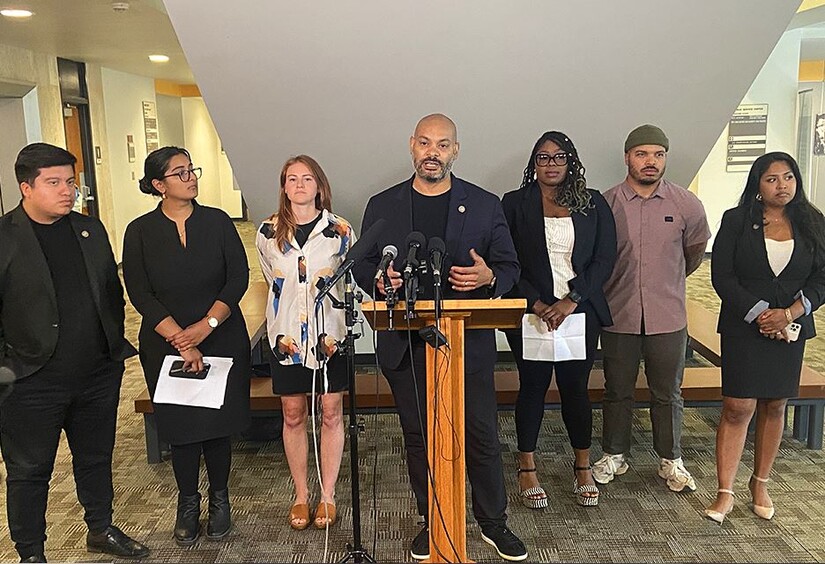
Monday's meeting was the first of several planned through the rest of the year and into 2025. The next one will take place on Thursday at the 42nd Event Center.
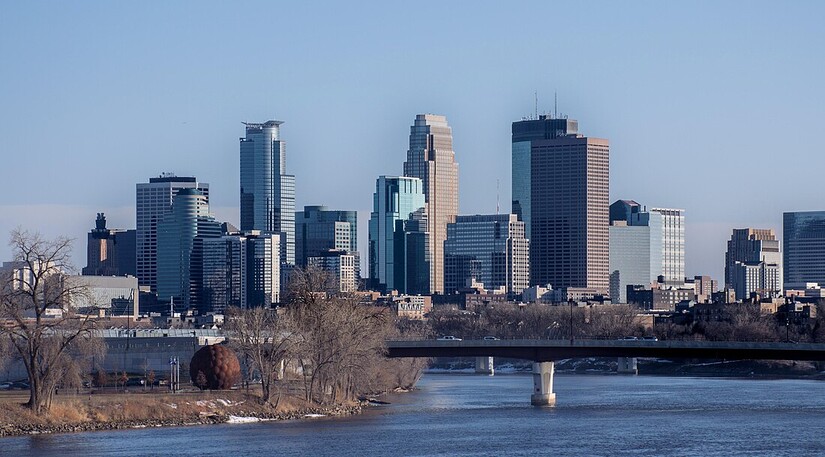
SOURCE: KARE 11